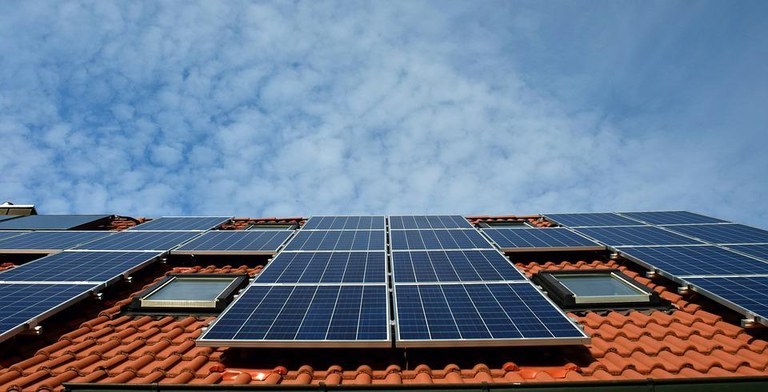EU funding for energy security and renewable energy sources

Over the past few months, energy security has been one of the main topics in Slovenia, the European Union, and beyond. The war in Ukraine and the sanctions against Russia have significantly reduced or even completely cut off energy supply, which the European Union, with its large and vibrant economy, urgently needs. Finding new possibilities, alternative energy sources, and hidden energy consumption reserves call for a new approach to managing and utilising energy resources. The sudden supply crisis triggered by the war in Ukraine, which threatens to pose an even greater problem in the coming colder months, is also an opportunity for faster adaptation and a more active search for alternative energy sources.
The European Union made adaptation and transition to renewable energy sources a priority long before the war in Ukraine started. Already in the financial period 2014-2020, the EU allocated extensive financial resources to this area, and in the period 2021-2027, it continued and upgraded such initiatives in light of the fact that green transition is one of the main areas of investment for the EU in this decade.
In the field of energy, Slovenia has co-financed projects with the help of the available EU cohesion policy funds, especially the Cohesion Fund. The said projects fall under one of the four following categories:
- efficient use of energy in public buildings,
- efficient use of energy in households,
- promoting the production and distribution of energy from renewable sources, and
- development and use of smart distribution systems.
Over the past few years, we have approved more than EUR 80 million for the energy-saving renovation of buildings, and more than EUR 78 million for the promotion of the use of energy from renewable energy sources. The great importance of this field in the period of the energy crisis, including the untapped potential, significantly increases the interest in obtaining EU funding that supports the use of solar energy and district heating from renewable energy sources.
A strong commitment to sustainable development, changed needs due to the new political reality related to the war in Ukraine, and technological advances that enable more efficient use of renewable energy sources chart the course of future development. The EU has set an ambitious goal of climate neutrality. The path to this goal is demanding and complex. European cohesion policy funds represent an important part of the financial incentives, which will, through increased public awareness, contribute to achieving our common ambitious goal.
